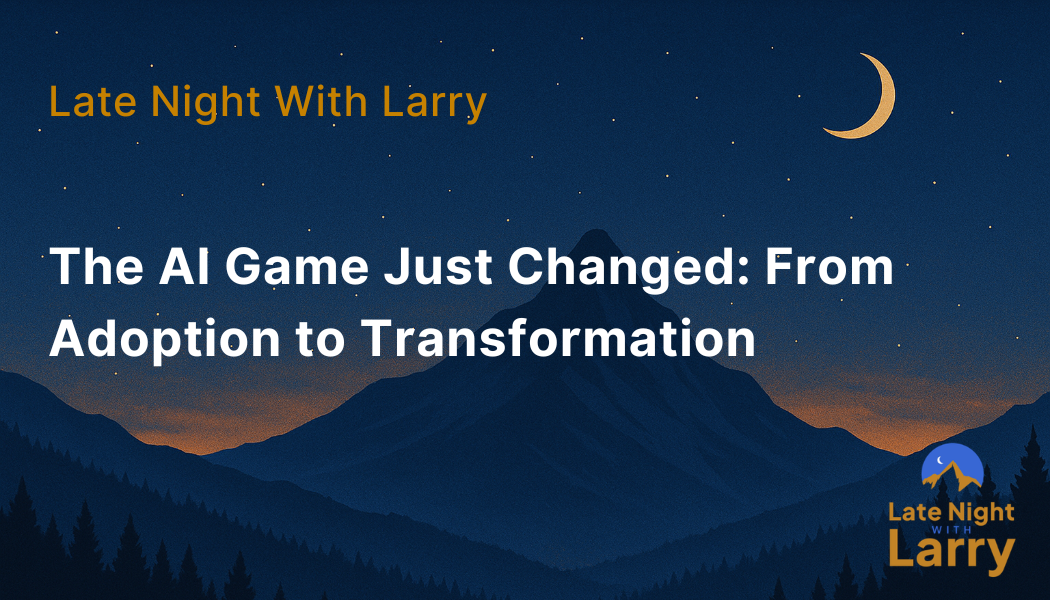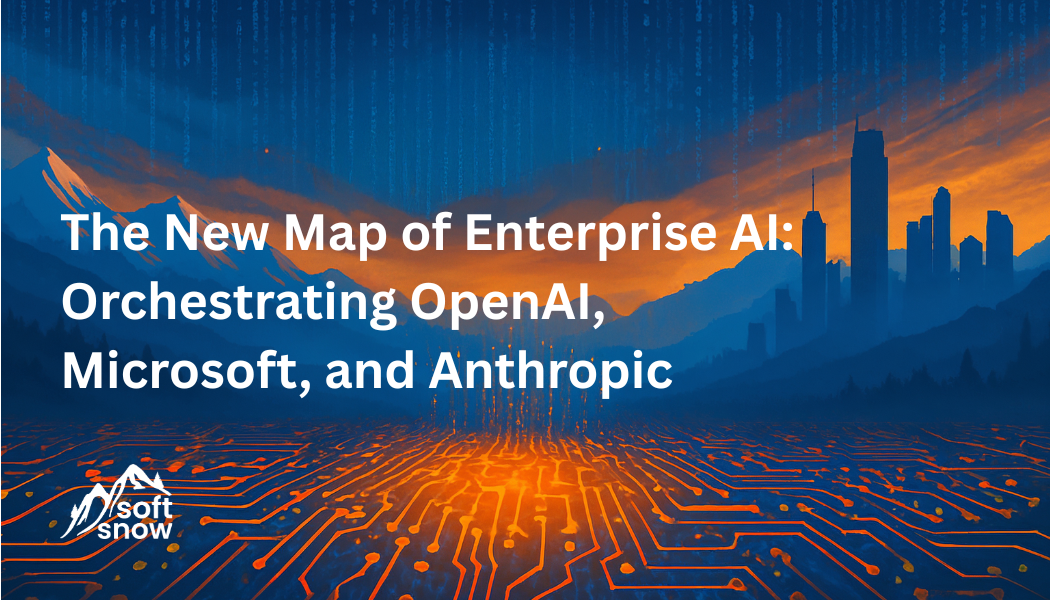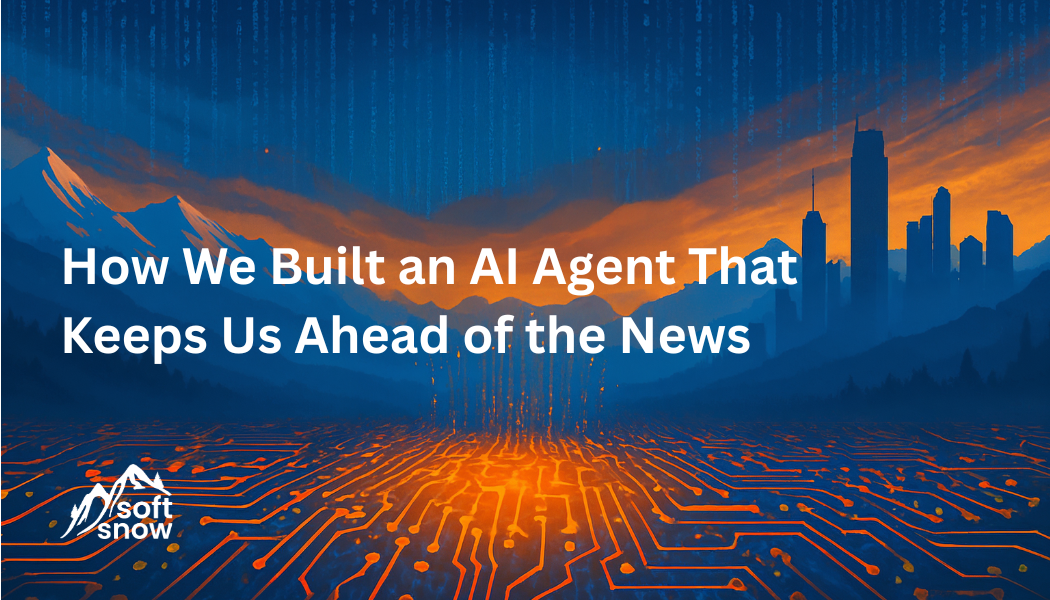.png)
This week’s developments focus on making sophisticated AI capabilities more accessible, efficient, and immediately valuable for users across the spectrum.
________________________
OpenAI’s Commerce Play: The Start of the AI Shopping Revolution
At its annual Dev Day, OpenAI unveiled a major expansion of ChatGPT’s capabilities, transforming it from a conversational interface into a transactional platform. The update allows users to interact directly with third-party apps like Spotify, Figma, Uber, and Instacart without leaving ChatGPT, positioning it as a new hub for AI-driven commerce. This comes just after OpenAI launched Instant Checkout, an agentic shopping system that integrates with platforms such as Shopify, Etsy, and Stripe to facilitate seamless one-off purchases.
Together, these updates give OpenAI all the pieces needed to turn ChatGPT into a consumer marketplace, a place where users can discover, buy, and manage services, while OpenAI takes a cut of transactions. The move positions OpenAI not just against Google and Anthropic, but also against Amazon and Walmart.
The broader shift toward AI-driven commerce is accelerating: Adobe predicts this year’s holiday shopping will be dominated by AI-assisted purchases, while Mastercard has called agentic commerce a “new competitive arena.” Yet the key question remains: will consumers embrace autonomous shopping systems once they finally become mainstream?
SoftSnow Take:
OpenAI’s push into agentic commerce marks a defining moment in the evolution of AI platforms. What began as a conversational tool is rapidly becoming an economic ecosystem, one where discovery, decision, and transaction all happen in a single, intelligent interface.
For companies, this signals a new phase of digital transformation: AI as a revenue channel, not just a productivity tool. ChatGPT’s Instant Checkout and app integrations reveal how agent-driven transactions could collapse entire customer journeys into moments of intent.
At SoftSnow, we see this as a defining moment for innovators. Businesses that move early can design experiences that feel effortless yet deeply human, where intelligent systems anticipate needs, simplify choices, and unlock entirely new growth channels. The future of commerce will be adaptive, intuitive, and built around people.
________________________
Meta’s Business AI: Turning Conversations into Commerce
Meta has unveiled Business AI, a digital assistant designed to help companies deliver personalized shopping experiences and faster purchase options through chat interactions. The assistant can be integrated across Facebook, Instagram, WhatsApp, and Messenger, as well as on third-party websites powered by Shopify. Businesses can use it within Meta ads for free, enabling customers to ask product questions or complete purchases directly in chat. Deploying the assistant on external websites will carry a fee, though Meta says it will be priced below current market alternatives.
The launch marks Meta’s push beyond advertising toward AI-powered business tools. CEO Mark Zuckerberg has invested billions in generative AI, and Business AI is part of a broader effort to position Meta as a platform for AI-driven commerce and customer engagement. The company is also partnering with Salesforce, Microsoft, ServiceNow, and Zendesk to connect Business AI with CRM systems and support workflows.
Business AI will debut later this month in Mexico and the Philippines, with additional markets to follow. Meta also introduced a separate Meta AI business assistant for advertisers to resolve account issues and monitor campaign performance. Together, these moves reflect Meta’s strategy to embed AI deeper into customer operations and enterprise ecosystems.
SoftSnow Take:
Meta’s Business AI marks a strategic evolution from ad-driven revenue to AI-enabled customer experiences. By embedding intelligent assistants directly into ads, websites, and messaging platforms, Meta is redefining how discovery and conversion happen, turning conversations into commerce.
For companies, this represents the next phase of digital engagement: AI that connects marketing, service, and sales in real time. Instead of static campaigns or siloed chatbots, Business AI creates a unified, conversational layer across channels, powered by data and integrated with CRM systems like Salesforce and Zendesk.
At SoftSnow, we see this as a clear signal: the future of customer experience will be conversational, intelligent, and enterprise-integrated.
________________________
Google’s Gemini Enterprise: The Battle for the AI-Powered Workplace
Google Cloud has unveiled Gemini Enterprise, a new AI platform designed to bring generative and agentic capabilities to everyday business users, a direct challenge to Microsoft’s Copilot and OpenAI’s ChatGPT Enterprise. Priced at $30 per user per month, Gemini Enterprise offers employees a unified interface to chat with company data, automate workflows, and generate content using both Google’s Gemini AI models and third-party integrations.
The platform consolidates Google Cloud’s existing AI tools, previously fragmented across products, into a single environment that connects to applications like Salesforce and SAP, enabling workers to trigger actions or approvals across systems without writing code. Demonstrations showed use cases such as campaign planning, inventory management, and content generation, all completed through conversational interactions.
CEO Thomas Kurian described Gemini Enterprise as “a single front door” for AI in the workplace, emphasizing its accessibility across roles and departments. The launch underscores Google’s intent to expand beyond developers and IT professionals and compete more aggressively in enterprise AI. With $106 billion in existing cloud commitments and deep ties to nine of the world’s top AI labs, Google is positioning Gemini Enterprise as both a growth driver and a key battleground in the future of work.
SoftSnow Take:
Google’s launch of Gemini Enterprise signals the next phase of the workplace AI race, one focused on accessibility, integration, and scale. While Microsoft and OpenAI led the early wave of enterprise adoption, Google is now betting on platform unification as its competitive edge.
Gemini Enterprise represents a meaningful shift: AI is no longer a developer-only toolset but a system any employee can use to query data, automate workflows, and act across business systems through natural language. This democratization of AI-driven operations is where true transformation happens; when strategy, marketing, and operations teams can all collaborate through shared intelligence.
At SoftSnow, we see this as validation of a broader trend we help clients navigate: AI moving from isolated experiments to connected, cross-functional systems. The winners in this next phase will design entire workflows and decision-making processes around AI tools.
________________________
These rapid developments demonstrate both the urgency and opportunity of this moment. The good news? Meaningful AI implementation doesn't require enterprise-scale resources or massive infrastructure investments.
The most successful AI transformations aren't about chasing every new capability; they're about identifying where technology can solve real business problems and empower your existing teams. Whether you're building infrastructure, creating new user experiences, or seeking competitive advantages, the key is approaching AI with purpose and practicality.
At SoftSnow, we understand that successful AI adoption isn't just about acquiring technology: it's about thoughtful integration that enhances human potential rather than replacing it, allowing teams to work smarter and achieve more while staying true to core business objectives. Contact us today to learn more.





